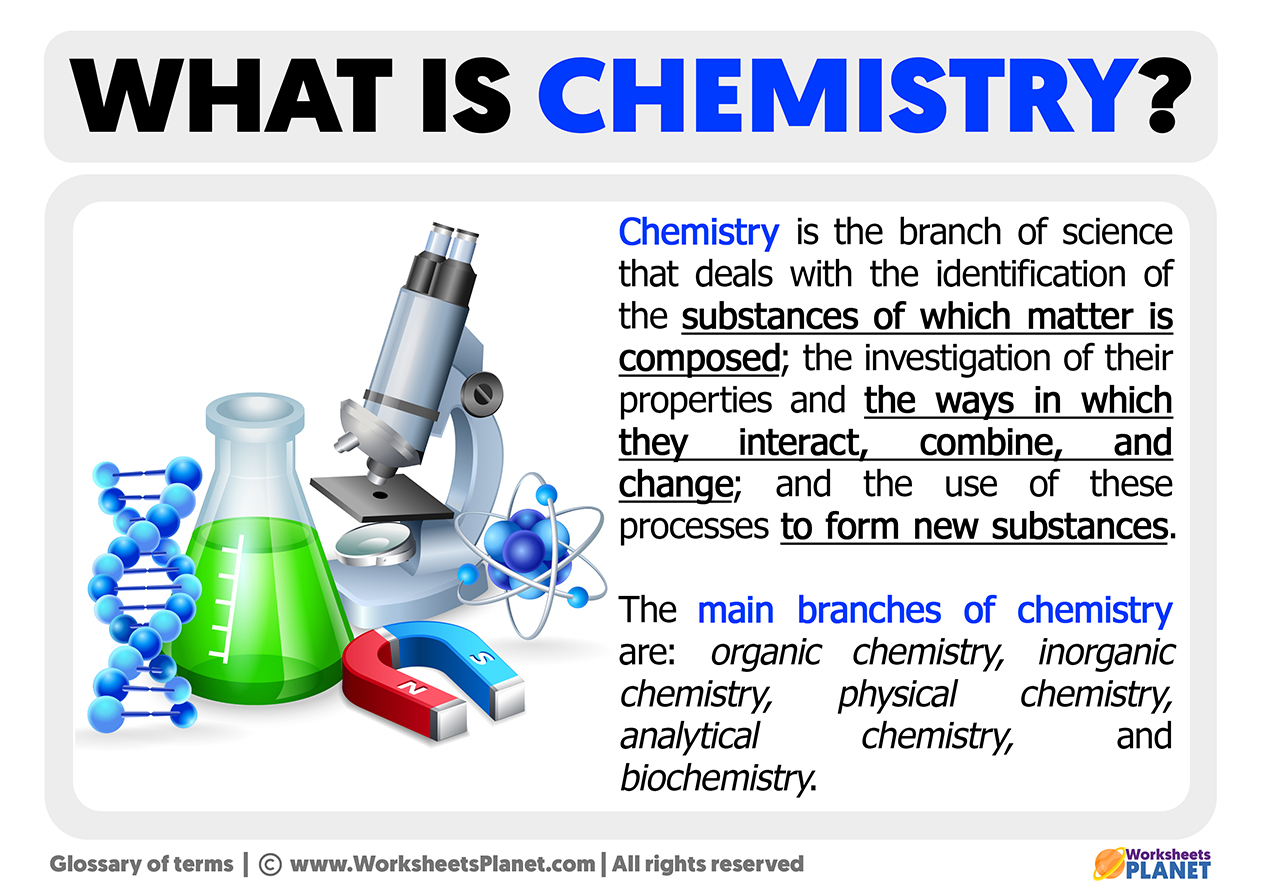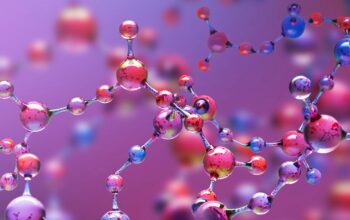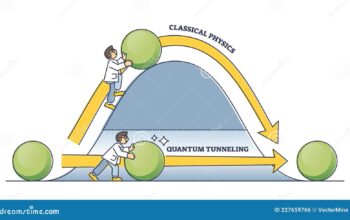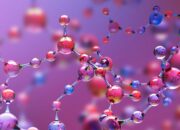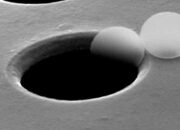In the ongoing discourse regarding the foundational sciences, a pivotal question emerges: Is chemistry or physics the bedrock of all scientific inquiry? This question incites vigorous debate among scholars and enthusiasts alike, drawing upon the tenets of both disciplines to probe their interconnections and implications for our understanding of the natural world. As we delve into the nuances of this inquiry, we set out to examine the historical trajectories, conceptual frameworks, and practical applications that delineate chemistry and physics, ultimately seeking to unearth their respective roles in the grand tapestry of science.
Historical Context: The Evolution of Scientific Thought
The annals of scientific history reveal that chemistry and physics have evolved through a complex interplay of ideas and methodologies. In antiquity, natural philosophy served as the parent discipline, wherein early thinkers like Aristotle mused upon the nature of matter and motion. With the dawn of the Scientific Revolution in the 16th century, figures such as Galileo and Newton began to systematically explore natural phenomena, laying the groundwork for modern physics. Conversely, the field of chemistry burgeoned distinctly with figures like Robert Boyle and Antoine Lavoisier, who propelled its evolution from alchemy into a rigorous empirical science.
This historical divergence presents an intriguing paradox. While physics emerged as the study of fundamental forces and principles governing the universe, chemistry engaged deeply with the transformations of matter. Both disciplines have made indelible contributions, yet their trajectories prompt us to consider the extent to which one serves as the foundation for the other.
Conceptual Frameworks: The Nature of Reality
At a philosophical level, physics often posits questions about the very essence of reality. It investigates the underpinnings of the cosmos, exploring concepts such as time, space, energy, and matter. Physicists delve into the realms of quantum mechanics and relativity, exposing the intricate tapestry of interactions that shape our understanding of the universe. Thus, one could argue that physics provides a metaphysical framework that articulates the fundamental laws governing existence.
Chemistry, however, intertwines with this narrative by elucidating the interactions between different forms of matter. It explores the composition, structure, and reactions of substances, bridging the gaps between elementary particles and the complex arrays found in biological systems. The periodic table stands as a testament to the intricate relationships among elements, exemplifying how chemical principles can provide insights into physical properties. In this sense, chemistry can be viewed as a manifestation of physical laws at a granular level.
Empirical Methodologies: Experimental Paradigms
Both chemistry and physics operate under the aegis of the scientific method, yet their methodologies differ in focus and execution. Physics often emphasizes deductive reasoning, employing mathematical models to predict outcomes in isolated systems. Experimental physics seeks to test theories through precision measurement and observation, as seen in the Large Hadron Collider’s efforts to uncover the Higgs boson.
Conversely, chemistry revels in the diversity of chemical reactions and the myriad ways substances interact. Chemists design experiments to explore reaction mechanisms, often employing qualitative and quantitative analyses to assess outcomes. Techniques such as chromatography, spectroscopy, and titration serve as essential tools in the chemist’s arsenal, yielding insights that inform both theoretical and applied chemistry.
This divergence in methodologies raises compelling questions about the nature of knowledge production. If physics provides a more abstract understanding of the universe, does it follow that chemistry, through its empirical focus, engenders a more pragmatic basis for scientific inquiry? This interplay of methodologies underscores the complex interrelationship between the two disciplines, defying a simplistic hierarchical structure.
Applications and Real-World Implications
In examining the real-world applications of both disciplines, one must consider their profound impacts on technology, health, and the environment. Physics undergirds the development of technologies such as electronics, telecommunications, and renewable energy systems, fundamentally altering how humanity engages with the world. Innovations borne from physics research often pave the way for advancements that reshape societal structures and industries.
Conversely, chemistry is intrinsic to myriad aspects of daily life. Pharmaceuticals, agricultural advancements, and materials science encompass just a few of the domains where chemistry plays a crucial role. The synthesis of new compounds, the discovery of novel materials, and the understanding of biochemical processes all arise from a rich bed of chemical knowledge, directly impacting health and well-being.
Interrelation and Synthesis: A Holistic Perspective
